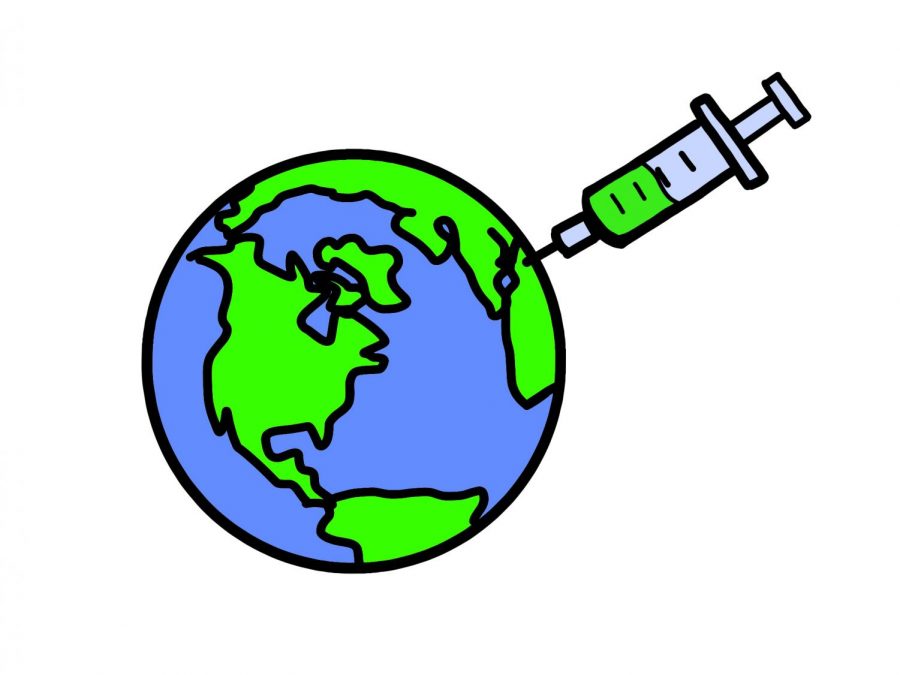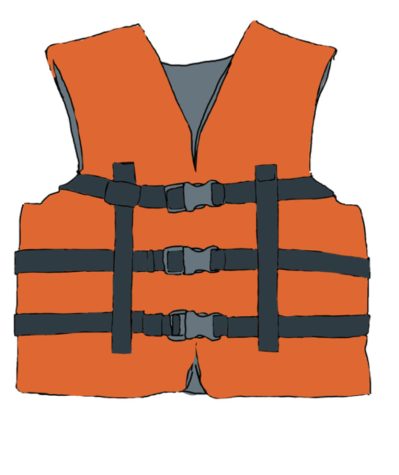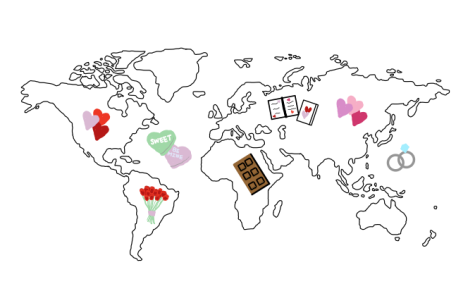Never enough
Vaccine development struggles to keep up with domination of COVID-19
Soon, life might be back to normal, or it might not. A safe vaccine has become the only hope for a world where masks do not have to be worn everywhere and “6-feet apart” is not heard around every corner. A vaccine, which introduces a deactivated form of the virus into the body, should ultimately provide an immunity against the real virus, but these can take years and even decades to produce with certainty of effectiveness.
Currently, all hands are on deck towards producing a vaccine. According to Time Magazine, Russia recently announced that a vaccine developed by scientists in Moscow has been approved by its Ministry of Health, but it still raises concern from the science community because it was produced so quickly. Other manufacturers like Moderna, Johnson & Johnson, and AstraZeneca have begun vaccine production separately under the Trump Administration’s Operation Warp Speed initiative. The World Health Organization has also partnered with Gavi and the Coalition for Epidemic Preparedness Innovations to create the COVAX Facility. COVAX would allow nations to buy vaccines at a reduced cost through pooling their buying power. Already, 172 countries have shown interest in joining COVAX, the United States not being one of them.
Even though vaccines are being developed by many different entities, the debate of priority still remains: who should receive the vaccines first? Either way, for the vaccine to be successful in stopping the spread of the virus, a majority of the population would have to receive the vaccine: if the vaccine was 70% effective, it would need to be administered to 75% of the population.
“The elderly and individuals with pre-existing conditions should receive the vaccine first,” said senior Abby Longstreet, as agreed on by many health organizations like the CDC because these individuals have the highest risk. However, in early stages, there are just simply not enough vaccines available to distribute to everyone who needs them.
“Since western society has the means to help, it is an ethical obligation for developed countries to provide vaccination aid to less developed countries,” said Ms. Ann Perez, Ethics teacher. In the nationalist vaccine race, countries of vaccine producers believe that the producers should receive the vaccines first, but that limits underdeveloped countries from ever getting a chance at immunization due to poor health care.
Unfortunately, scientific progress has only led to more ethical complications with the COVID-19 vaccine. Even so, the medical prowess and technology of today provides an advantage to other historical health scares, providing hope for a normal life again.
Your donation will support the student journalists of Saint Viator High School. Your contribution will allow us to purchase equipment and cover our annual website hosting costs.








